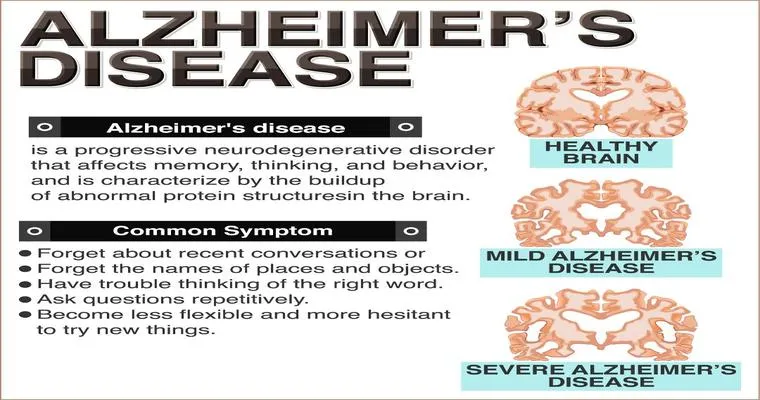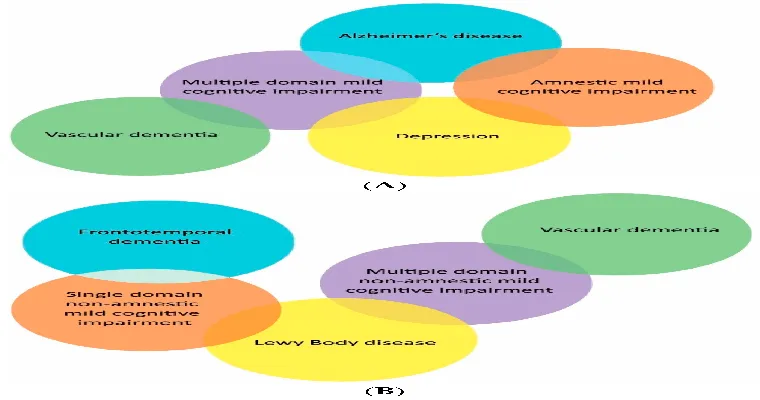Dealing with "early stage Alzheimer’s" can be challenging for both individuals and their families. The onset of this condition often brings a range of "cognitive difficulties", emotional changes, and practical challenges that can be overwhelming. If you or a loved one is facing these issues, understanding the problems and seeking advice can make a significant difference in managing the condition effectively.
At the early stages of Alzheimer’s, individuals may experience "memory loss" that disrupts daily life. This could manifest as forgetting recently learned information, important dates, or even the names of familiar people. Additionally, there may be difficulties in "planning or solving problems", such as managing finances or following a recipe. These cognitive challenges can lead to frustration and confusion, highlighting the need for support and strategies to cope.
Emotional changes are also common in the early stages of Alzheimer’s. Individuals may experience mood swings, anxiety, or depression as they grapple with their diagnosis and the implications it has on their future. It is essential for caregivers and family members to provide emotional support during this time, encouraging open communication and expressing understanding of the individual’s feelings.
Practical challenges often arise as well. Individuals may find it hard to manage day-to-day tasks, such as maintaining a household or keeping appointments. Establishing a routine can be beneficial, as it helps to create structure and familiarity. Using "reminders", such as calendars, notes, or digital alerts, can also help individuals manage their time and responsibilities.
Here are some practical tips and advice for managing early stage Alzheimer’s problems:
1. "Stay Organized": Use planners, to-do lists, and electronic devices to keep track of important tasks and appointments. This can alleviate some of the stress associated with memory loss.
2. "Establish a Routine": A consistent daily routine can help provide a sense of stability and reduce confusion. Make sure to include regular times for meals, activities, and rest.
3. "Encourage Social Engagement": Staying socially active can help improve mood and cognitive function. Encourage participation in community activities or spending time with family and friends.
4. "Prioritize Healthy Living": Maintaining a balanced diet, regular exercise, and adequate sleep can support overall brain health. Engage in activities that promote mental stimulation, such as puzzles, reading, or learning new skills.
5. "Seek Professional Support": Don’t hesitate to reach out for professional help. This could include counseling for emotional support or working with a healthcare provider to discuss medication options that may alleviate some symptoms.
6. "Educate Yourself and Others": Understanding Alzheimer’s disease can empower individuals and families to navigate the challenges it presents. Attend workshops, read books, or join support groups to gain insights and share experiences.
7. "Plan Ahead": Discuss future care options and legal matters early on. Having a plan in place can provide peace of mind and ensure that the individual’s wishes are respected as the disease progresses.
In conclusion, while the early stage of Alzheimer’s presents numerous challenges, there are effective strategies to manage these problems. By staying organized, maintaining a healthy lifestyle, and seeking support, individuals and their families can navigate this journey with greater confidence and resilience. Remember, you are not alone, and there are resources available to help you through this difficult time.





